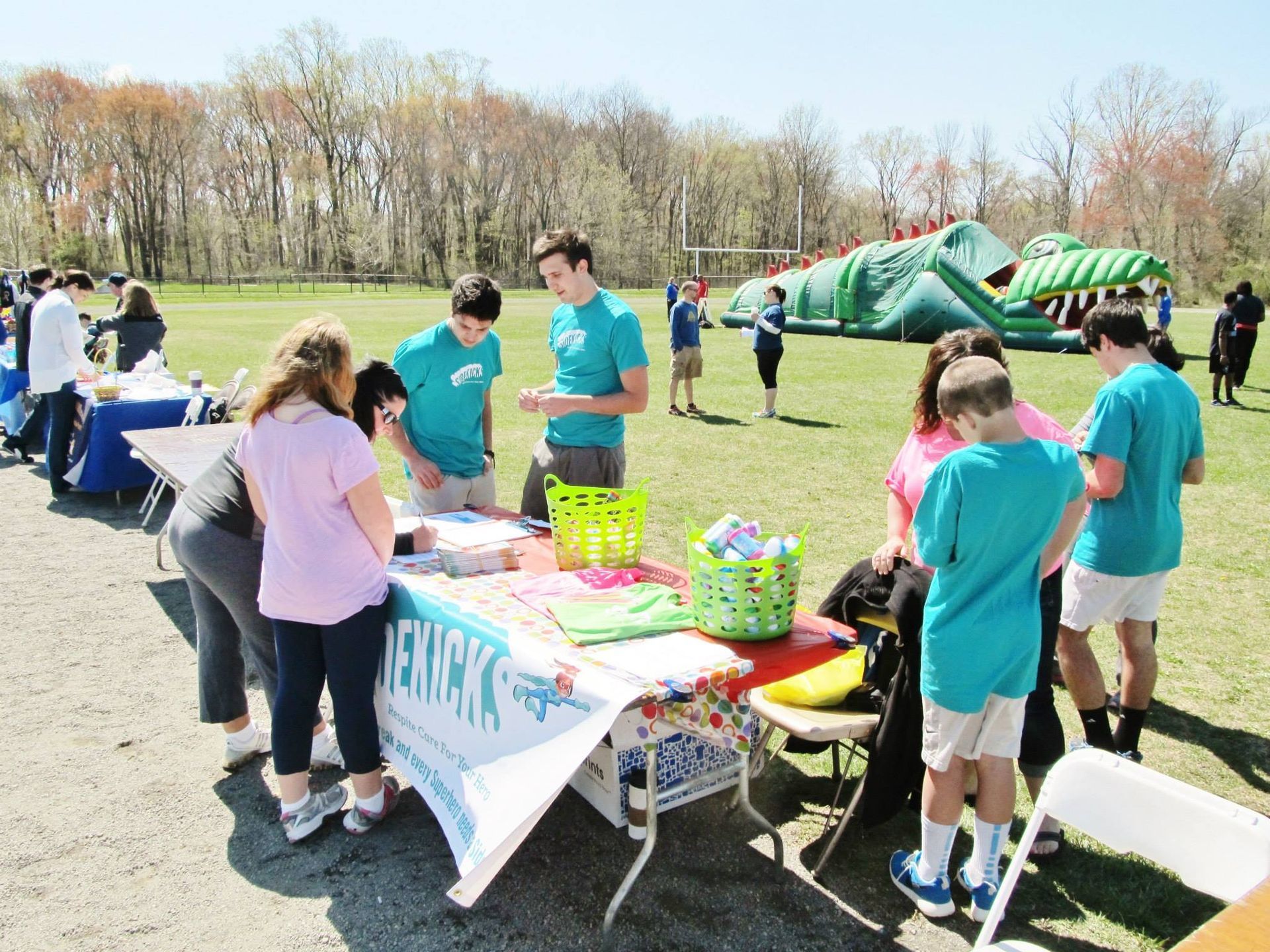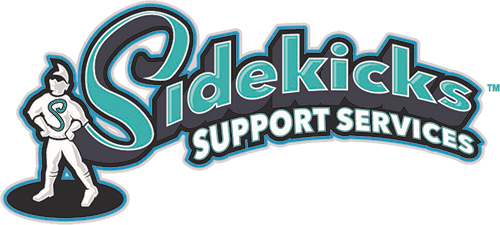Vocational & Employment Services for Individuals with Disabilities in New Jersey
For Families with Young Adults (Ages 16–21)
Here are key programs and supports in New Jersey to help with transitioning from high school to adulthood:
- Transition Services (IEP-based)
Schools are required to provide transition planning starting at age 16. Families can ask schools to connect students to adult services early.
- Pre-Employment Transition Services (Pre-ETS)
Offered through the Division of Vocational Rehabilitation Services (DVRS), Pre-ETS includes:
- Job exploration counseling
- Work-based learning
- Workplace readiness training
- Self-advocacy instruction
- College Disability Services Offices
Many community colleges and universities provide disability resource centers with academic and career supports.

For Adults 21+
Once schooling ends, individuals can access employment and vocational supports through the New Jersey Division of Developmental Disabilities (DDD).
- Supported Employment
One-on-one job coaching to help find and maintain employment.
- Prevocational Training
Teaches workplace skills before entering competitive or supported employment.
- Day Habilitation Programs
Structured programs focusing on skill development, community inclusion, and personal growth.
- Community Based Supports (CBS)
Assistance in community settings, including life skills, volunteering, and personal goal-building.
- Self-Directed Services
Families can hire and manage their own staff with guidance from DDD funding.
Financial & Eligibility Resources
- NJ Division of Developmental Disabilities (DDD): Manages funding for adults 21+
- Division of Vocational Rehabilitation Services (DVRS): Supports job seekers with disabilities
- Social Security Benefits (SSI/SSDI): May provide income and access to Medicaid
- PerformCare: For youth under 21 seeking services before transitioning to DDD
Tips for Families
- Start transition planning early (by age 16).
- Connect with a Support Coordinator through DDD for guidance.
- Explore both state-funded and community-based programs.
- Advocate for person-centered planning: the individual’s goals should drive the services.
- Stay informed. Rules and resources change often.
Next Steps for Parents
- Contact DDD Intake to begin eligibility if not already enrolled.
- Reach out to your local DVRS office for employment-related services.
- Attend transition workshops through schools, local agencies, or nonprofits.










